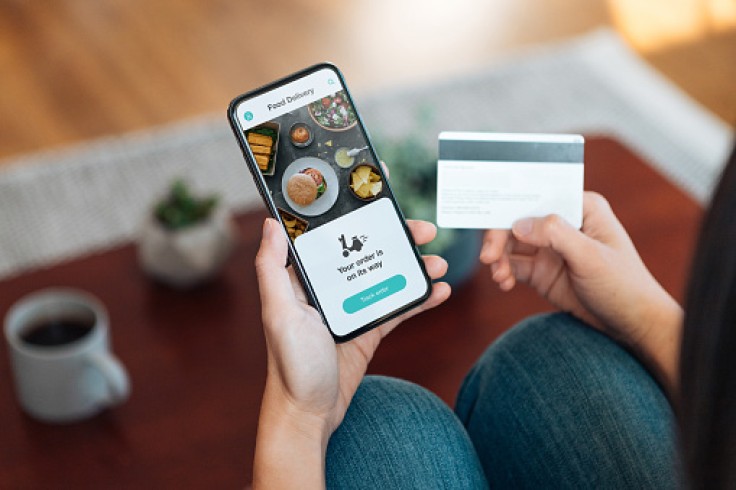Thanks to apps and online shopping, we can order items online and have them delivered to our doorstep, or book rentals in the most convenient way possible. However, apps and sites are adding junk fees that are making purchases unnecessarily more expensive, and the FTC plans to probe into it.

Removal of Unnecessary Junk Fees
Have you ever tried ordering food online and found yourself paying a service fee that's worth half your order? That's because apps and sites tend to add hidden fees like service charges and convenience charges, sometimes even being unclear as to what you're paying for.
The Federal Trade Commission is looking into the culture of adding these extra fees, with the ultimate goal of creating a better system to make sense of the prices of online purchases. The Biden Administration is already cracking down on certain services.
Companies like Ticketmaster and Airbnb are among those who are being closely analyzed, and also being urged to improve their systems and be more transparent about their extra charges, as reported by Engadget.
While the FTC is encouraging businesses to disclose all fees, they could even outright ban the hidden and mandatory charges that are meant to deceive or confuse customers, wherein the companies add bogus fees leaving the customer to pay way more than they should.
If the agency goes through with it, the trade regulation referred to as the "Rule on Unfair or Deceptive Fees" means that companies will no longer be able to add omitted charges from the advertised prices, saying that it's "bait-and-switch pricing and misrepresenting the nature and purpose of fees."
The FTC went and consulted the public to understand how big of an impact these hidden charges are making. With more than 12,000 responses collected, the agency factored them in when the proposal was created.
How Bad Are the Hidden Fees?
It's been mentioned how delivery apps and other online services tend to increase their prices by adding fees that don't make sense, but not many understand just how much that can add up to, especially for regular customers.
Particularly in the food delivery business, the biggest services such as DoorDash, Uber Eats, DoorDash, and Postmates are sometimes not worth the convenience anymore. According to an experiment done by The New York Times in 2020, the markup can reach between 7% to 91%.
That additional charge could easily be avoided by buying the food directly at the restaurant, that's because these services add charges to the food as well, aside from the delivery and service fee, and not including the tip for the delivery worker.
For instance, ordering a $12.58 item from Subway can go as high as $14.78 on Postmates, especially if the restaurant itself works with the delivery service. On top of that, you'll get a $2.99 delivery fee, and a $9.73 service fee, which amounts to a 45% markup compared to walking in Subway and ordering it in person.









